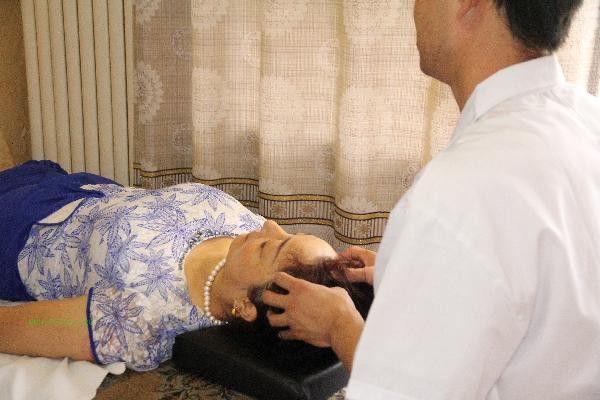The taboo groups for Dioscorea opposita mainly include pregnant women, lactating women, individuals with allergies, patients with hypoglycemia, and those with liver and kidney dysfunction. Dioscorea nipponica is a traditional Chinese medicinal herb that has effects such as regulating blood sugar and anti-inflammatory. However, some people may experience adverse reactions after using it.
1. Pregnant women
Pregnant women should avoid using Dioscorea nipponica. Some components in Dioscorea nipponica may stimulate uterine contractions, increasing the risk of miscarriage or premature birth. Pregnant women may experience symptoms such as abdominal pain and vaginal bleeding after use. If you need to regulate blood sugar or anti-inflammatory, you can choose safer alternatives under the guidance of a doctor, such as dietary adjustments or other medications approved by the doctor.
2. breastfeeding women
Breastfeeding women should not take Dioscorea nipponica. Its active ingredients may enter the baby's body through breast milk, affecting the baby's health. Breastfeeding women may experience reduced milk secretion or infant discomfort after use. It is recommended that lactating women choose other safe ways of conditioning, such as a balanced diet or other treatment methods recommended by doctors.
3. People with allergies
are prohibited from using Dioscorea nipponica or its components. Allergic individuals may experience allergic reactions such as skin itching, redness, and difficulty breathing after use. If allergic symptoms occur, immediately discontinue use and seek medical attention. Allergy testing can help confirm whether there is an allergy to Dioscorea nipponica, and individuals with allergies should carefully choose traditional Chinese medicinal materials.
4. Hypoglycemic patients
Hypoglycemic patients should avoid using Dioscorea nipponica. Dioscorea nipponica has a hypoglycemic effect, which may exacerbate symptoms of hypoglycemia such as dizziness, fatigue, sweating, etc. Patients with hypoglycemia may be at risk of developing hypoglycemia after use. It is recommended that patients with hypoglycemia maintain blood sugar stability through dietary regulation or other methods guided by a doctor.
5. People with liver and kidney dysfunction
People with liver and kidney dysfunction should use Dioscorea nipponica with caution. Dioscorea nipponica requires liver and kidney metabolism, and individuals with liver and kidney dysfunction may not be able to effectively metabolize its components, leading to drug accumulation or toxic reactions. Patients with liver and kidney dysfunction may experience symptoms such as nausea, vomiting, and fatigue after use. The dosage should be adjusted or other treatment options should be chosen under the guidance of a doctor.
Before using Dioscorea nipponica, you should consult a doctor or pharmacist to determine if you are suitable for use. If you are taking other medications, please inform your doctor to avoid drug interactions. Moderate intake of fiber rich foods such as oats and brown rice in daily diet can help maintain blood sugar stability. Maintaining a regular schedule and moderate exercise can help enhance physical fitness. If discomfort occurs after using Dioscorea nipponica, stop using it immediately and seek medical attention.







Comments (0)
Leave a Comment
No comments yet
Be the first to share your thoughts!